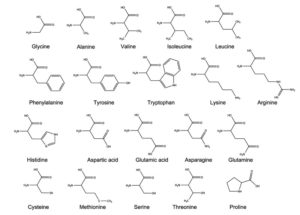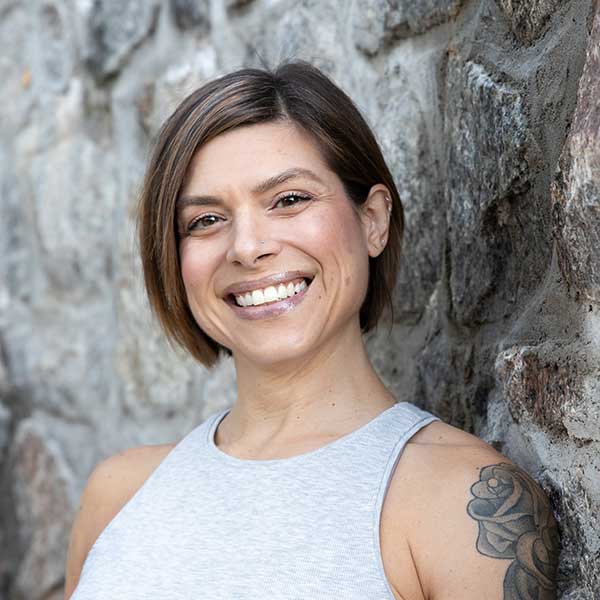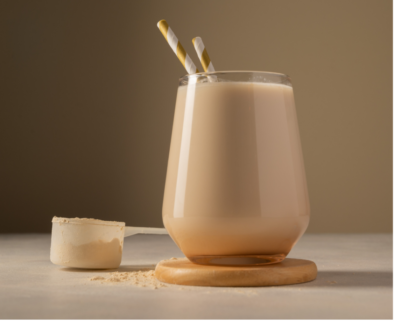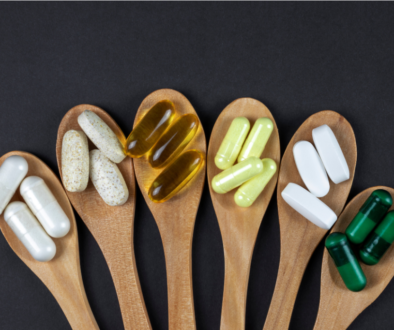Protein 101

Proteins are amino acids joined by peptide bonds. Proteins are in all living organisms; plant and animal. In animals, including humans, protein is found in all cells, plasma, hemoglobin, and in enzymes, and hormones. It’s responsible for growth, repair, maintenance of tissue, pH balance, and 5-10% of the body’s energy needs. Examples of protein are keratin in the skin and collagen in connective tissue.
Amino Acids:
There are over 20 amino acids, 9 of which are essential. Essential means they must be obtained through diet because the body does not make them:
- Tryptophan
- Methionine
- Valine*
- Threonine
- Phenylalanine
- Leucine*
- Isoleucine*
- Lysine
- Histidine (infants)
There are also conditionally essential amino acids. Theses are usually non-essential (made by the body) except in times of illness and stress when they must be obtained through diet:
- Arginine
- Cysteine
- Glutamine
- Tyrosine
- Glycine
- Ornithine
- Proline
- Serine
*Branch Chain Amino Acids or BCAA’s:
The structure of Valine, Leucine, and Isoleucine differs from that of other amino acids. Their structure allows them to be used as energy by the body. This is why many people supplement with BCAA’s pre-workout and/or during a workout.
Creatine:
Creatine is not an amino acid, but it is naturally made from two of the conditionally essential amino acids; Glycine and Arginine. Creatine helps muscles produce more ATP (energy for work). This helps you get a couple more repetitions or sprint a little longer. It gives you the energy to get a little more work done in every session. That adds up if you are training consistently. When I supplemented with creatine, I started PR’ing again (setting personal records) for the first time in two years. Added bonus: Studies show creatine supplementation can help prevent age-relate disease such as Parkinson’s, Huntington’s, and Alzheimer’s diseases.
Protein for Weight-loss Goals:
Protein is important for weight-loss goals because of its Thermic Effect (the amount of calories you burn digesting, breaking down, absorbing, and storing). Protein has a higher Thermic Effect than carbohydrates, fat, and alcohol. Protein has 4 kcal/g and a Thermic effect of 20-35%. While carbohydrates (4 kcal/g) and fat (9 kcal/g), on the other hand, have a Thermic Effect of only 5-15%. And alcohol (7 kcal/g) has a Thermic Effect of just 5%. What do all these numbers mean? 30g of protein has a net effect of 78-96 kcal, 30g of carbohydrates has a net effect of 102-114 kcal, and 30g of fat has a net effect of 229-256 kcal. There’s obviously more to the story (like micronutrients and hormonal effects), but a calorie is not a calorie.
Beware that excess amino acids are not stored as protein, they are instead converted to fat or glycogen for storage.
How much protein do you need?
The RDA or Recommended Daily Allowance is the average daily level of intake sufficient to meet the nutrient requirements of nearly all healthy people. These levels where originally set in the 1940’s and were last updated in 1980. The RDA for protein is .8g/kg of body weight or 54g of protein for 150lb person.
Some more recent recommendations for athletes have included:
- 1.6-2g/kg or .73-.91g/lb. 109-136g for 150lb person.
- 2 to 1.4 g/kg for endurance athletes. 81-95g for 150lb person.
- 2 to 1.7 g/kg for strength and power athletes. 81-115g for 150lb person.
- Other recommendations are as high as 2g/kg. 138g for 150lb person.
When determining my clients’ daily protein needs for weight loss goals, I consider their level of activity, the type of exercise they engage in regularly, and also their body composition (body fat percentage). Most clients are not getting enough protein. Adding more protein is one step that can make noticeable difference.
Are you hitting your goals at the gym? Are you seeing the results you want on the scale and reflected back at you in the mirror? If not, get the accountability and support you need with Nutrition Coaching.
Alicia Cross is a Certified Personal Trainer, Wellness Coach, and Yoga Instructor with more than 15 years’ experience working with clients in classes and one-on-one. She is a yogi, meditator, vegan, and lifter of heavy things. If you’re ready to discover the strength and peace that comes from within, email Alicia@AliciaCrossTraining.com.
Related Posts:
Fix Your Nutrition in 10 Steps
8 Ways to Get More Plant-Based Protein



